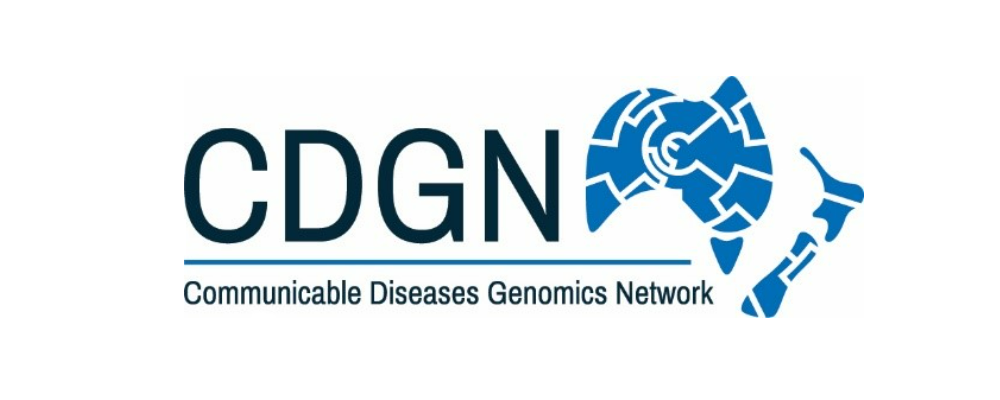The Communicable Diseases Genomics Network (CDGN) was established in 2015 to facilitate consistency in the use of microbial genomics for public health activities in Australia and New Zealand and coordinate jurisdictional capacity and expertise in microbial whole genome sequencing (WGS) and metagenomics.
Key objectives for both CDGN and AusPathoGen is to support teaching and training initiatives that build national capacity in whole genome sequencing. With support from AusPathoGen, the CDGN TTC WG have developed a webinar series spanning wet-lab processes, dry-lab processes, clinical reporting considerations, and metagenomics. This is the second instalment of this free webinar series.
On September 12 and 14, and hosted by CDGN and the Australian Pathogen Genomics Program – two webinars will be held that will cover the reporting considerations and processes for bacterial and viral pathogens.
The webinars aim to address the following learning objectives:
- Interpretation and reporting of genomic results for identification and enhanced characterisation of pathogens.
- Approaches for interpretation and communication of typing data and phylogenetic relatedness for end users, including clinicians, epidemiologists, policy makers and government.
- Governance requirements and considerations for reporting and communication of genomic data.
NATA presentations
NATA Board Member, Dr. Sanmarie Schlebusch, will Chair the first day webinar and provide opening and closing remarks, with Gillian Treloar, NATA Deputy Sector Manager, Legal and Clinical, presenting on day two of the webinar on NATA accreditation as it relates to:
- Overview of reporting requirements based on ISO15189 and other standards
- Governance of sequencing (NATA accreditation, staff competency)
- Introducing the complexities and components underpinning reporting
- Notification and high-risk result requirements
- LIMS report vs offline report
- Governance and structure
Who will attend?
Attendees will include clinical and public health laboratories and the Clinical Scientists, Medical Microbiologists, genomic epidemiologists and trainees that wish to gain understanding of the considerations when issuing microbial genomics reports. Epidemiologists at public health units, infectious diseases physicians and other recipients of genomic reports.
Updates to follow the event.
